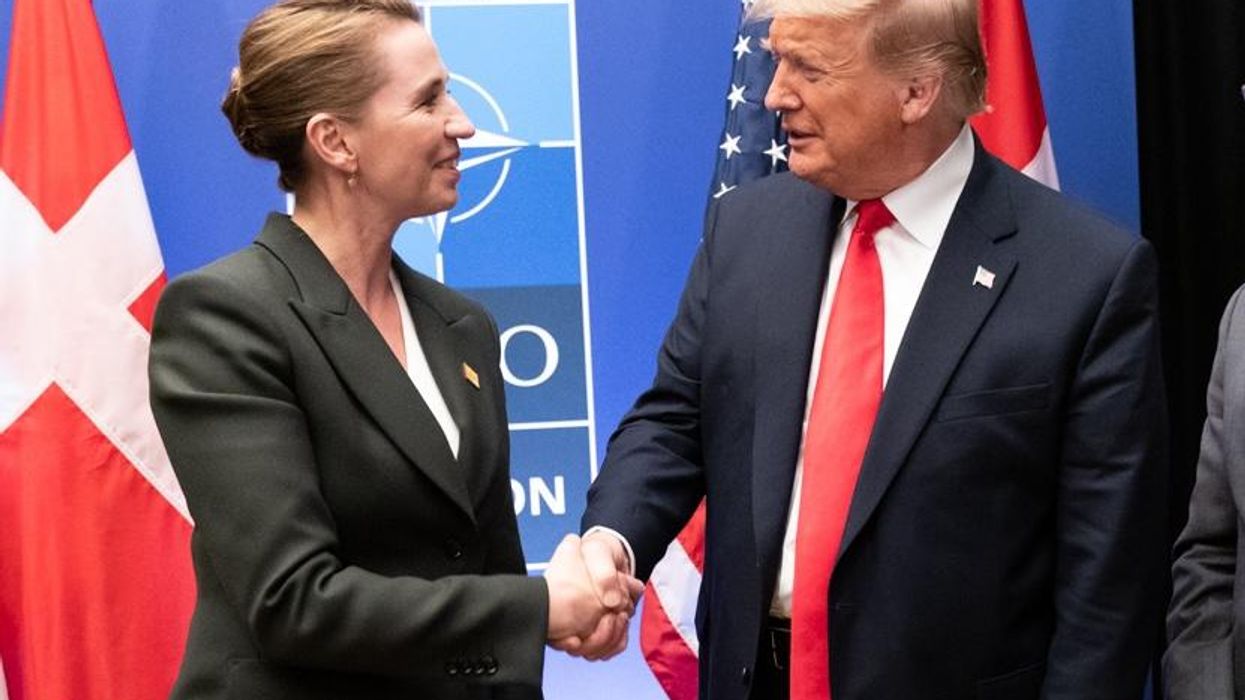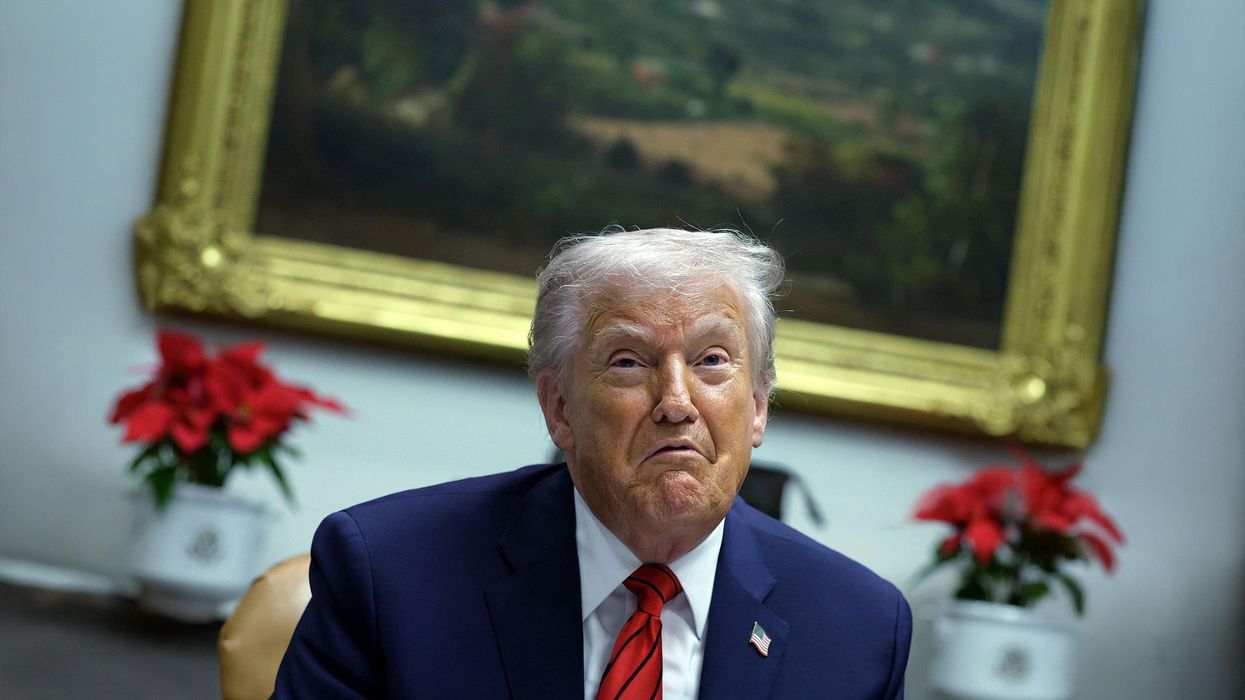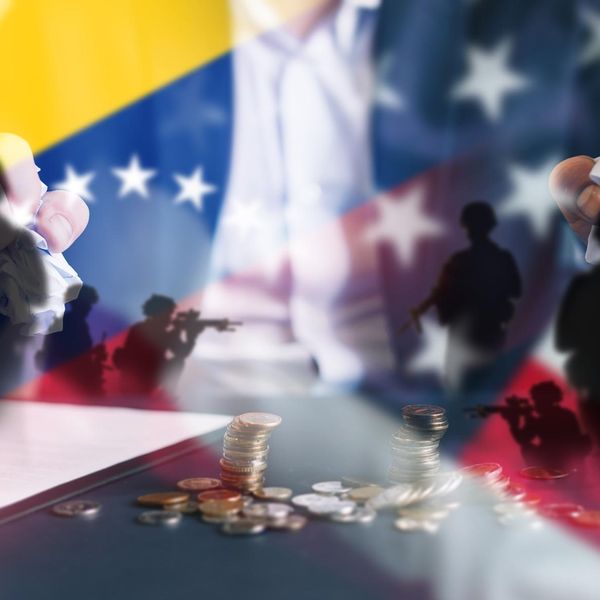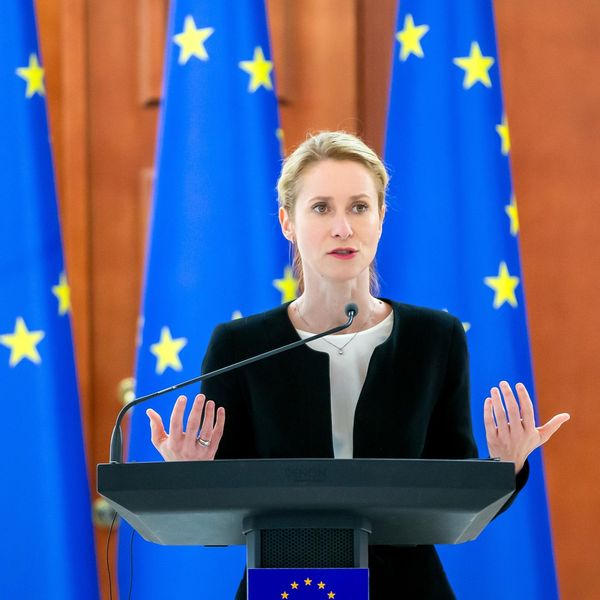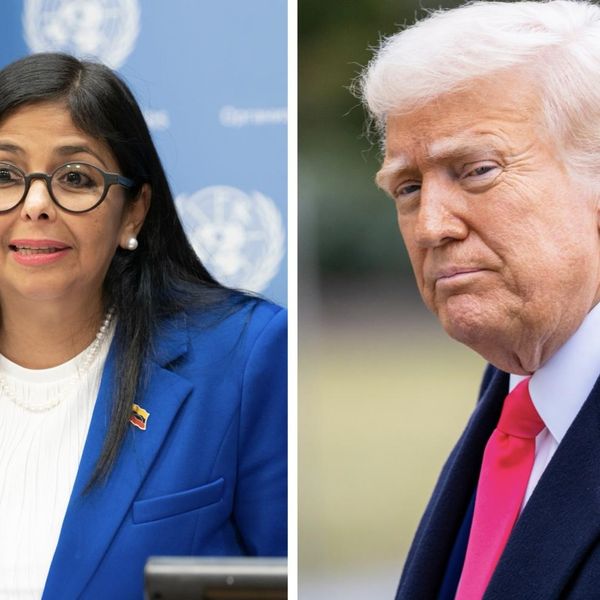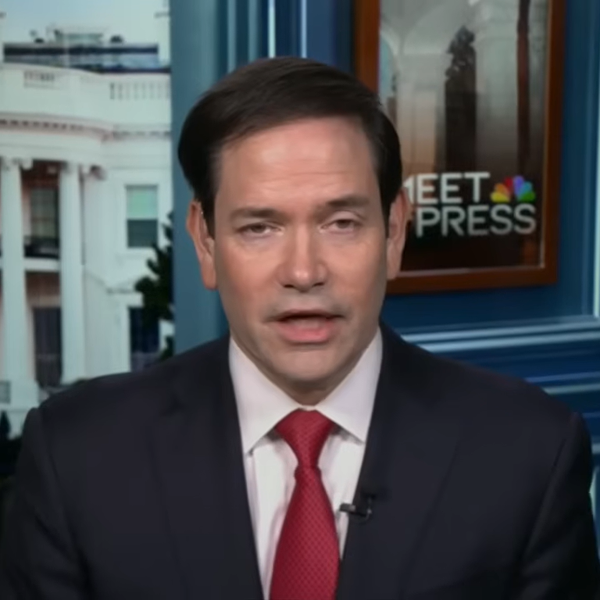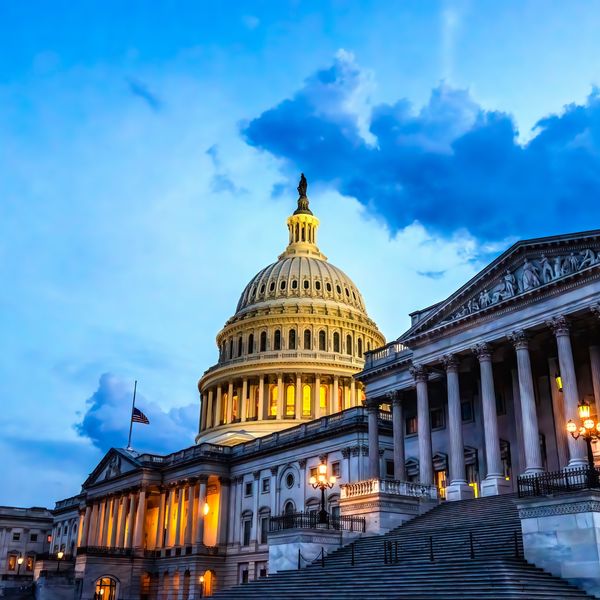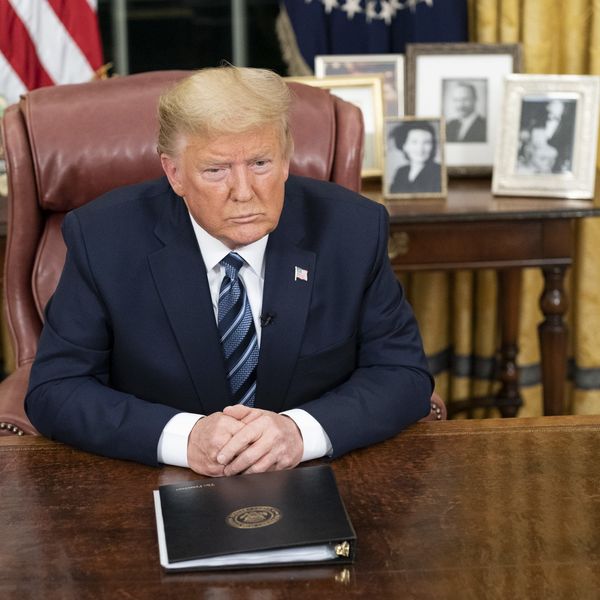The negotiations, currently in hiatus, to restore compliance with the Joint Comprehensive Plan of Action — known familiarly as the Iran nuclear deal — have elicited opposition arguments that are stale and dated. Many of those arguments not only suffer from a deficiency of logic but also ignore what is now a substantial empirical record of what happens with and without the JCPOA. That record constitutes what social scientists would call a natural experiment.
The consequences of not having the JCPOA have been demonstrated both by what was happening in the years leading up to the negotiation and implementation of the JCPOA, and what has happened since the Trump administration renounced the agreement in 2018. Before the agreement, Iran’s enrichment of uranium had proceeded to a point where most estimates of the “breakout time” required for Iran to build a nuclear weapon if it chose to do so were down to only a couple of months.
The JCPOA changed all that, with Iran giving up 97 percent of its enriched uranium, gutting a nuclear reactor, and taking other steps required under the agreement to close all possible paths to a nuclear weapon. Iran complied with these requirements, as certified by the International Atomic Energy Agency, during the three years the agreement was fully in effect and even for another year after the Trump administration reneged on U.S. obligations.
Since then, with the United States still in noncompliance, Iran has resumed much of its nuclear activity from before the agreement. It has now amassed a stockpile of low-enriched uranium more than a dozen times larger than what it had under the JCPOA, as well as enriching to higher concentrations of fissile material. A chart depicting how the size of Iran’s supply of enriched uranium has changed over the past decade and a half says it all.
In the face of this evidence — hard evidence from actual experience, not speculation or fanciful scenarios — those determined to kill the JCPOA have thrown various types of mud on the wall to see if any of it sticks. Some of their arguments merely repeat what they said years ago, when the JCPOA and an earlier preliminary agreement were first being negotiated, while ignoring the compelling record of the intervening years.
Many of their arguments misrepresent that record or the JCPOA itself, such as in accusing Iran of noncompliance. This accusation usually involves reference to issues that Iran and the IAEA have had about declarations of activity that took place years ago. It is no secret that a couple decades ago Iran was working on the design of a nuclear weapon, which makes all the more important an agreement such as the JCPOA that closes all avenues to building such a weapon. The opponents of the agreement would have us believe that what is said about activity 20 years ago is more important than what Iran is actually doing today. They also would have us forget that it was the United States, not Iran, that reneged wholesale on its obligations under the JCPOA.
Misrepresentation of the JCPOA includes accusations by opponents that the agreement “expires,” which it does not. Several of its most important provisions are permanent, including especially the highly intrusive monitoring by international inspectors.
Some limitations under the agreement do have sunset provisions, but this is where the opponents’ position becomes most illogical. In complaining about how certain limits on Iran’s nuclear activity end in eight, ten, or more years, the opponents are arguing for an alternative — junking the JCPOA — that would mean ending those same limits right now.
Clearly these arguments by opponents of the JCPOA make no sense. Their position becomes comprehensible only when understanding that nuclear nonproliferation is not their goal.
Nor does their principal goal concern certain other topics that can legitimately be raised in connection with the JCPOA negotiations, but on which the opponents show just as much disregard for the empirical record. One such topic concerns Iran’s regional activity. Never mind that much, and probably most, of what Iran does in the region is a reaction to what other states are doing. Set aside as well the fact that Iran is no more aggressive and interventionist in the Middle East than are several other states.
The natural experiment of the past few years simply does not lend any support to the opponents’ contention that the JCPOA and associated sanctions relief somehow encouraged or facilitated aggressive Iranian behavior. The more time that goes by since the Trump administration’s reneging on the agreement, the more baseless becomes any blame on the JCPOA for events that have taken place when sanctions have been fully in effect and the JCPOA has not. A signal example is the attack on Saudi oil facilities in September 2019 — after the Trump administration initiated unlimited economic warfare against Iran.
The same is true of internal politics and the human rights situation in Iran. Iranian politics have swerved more firmly toward a hard line since the Trump policies have been in effect. Sanctions, isolation, and a rejection of diplomacy with Tehran have only made the human rights situation in Iran worse, not better.
One of the true goals of opponents of the JCPOA, dating from the agreement’s earliest days, was to oppose any significant accomplishment by the Democratic president Barack Obama. This brand of hyperpartisanship lives on, as openly acknowledged by the Republican leadership in opposing accomplishments by the Democratic president Joe Biden.
Another of the goals also has little to do with what Iran actually does — the goal of treating Iran forever as a bête noire on which almost everything bad in the Middle East can be blamed. This objective exemplifies how hardliners in different countries play off each other to their mutual political benefit. It is why American hardliners welcomed, usually tacitly but sometimes even explicitly, the election of Ebrahim Raisi to the Iranian presidency.
This second goal has been exhibited especially clearly by the hard-line, right-wing governments of Israel, which also have preferred hard-line Iranian presidents whom it is easy to get Americans and others to hate. The first objective also has been a factor with Israel insofar as former Prime Minister Benjamin Netanyahu openly threw in his lot with U.S. Republicans and sabotaged the policies of Democratic administrations. None of this should be confused with advancing the security interests of Israel, which, as many former Israeli security officials have agreed, are better served by the JCPOA’s limits on Iranian nuclear activity than by junking the JCPOA and with it the limits.
In addition to whatever domestic political interests are served by the kind of rhetoric about Iran that Netanyahu has practiced, the keeping of Iran as a perpetually loathed and isolated bête noire has other purposes for the Israeli government. It weakens a potential regional rival, diverts international attention from Israeli policies and actions, and diverts any blame away from Israel for conflict and instability in the Middle East.
Unsurprisingly, policy advocates in the United States whose positions are most in line with preferences of the Israeli government have also been among the most active opponents of the JCPOA.
It might seem appropriate to limit criticism of those opponents to the merits, or lack thereof, of their assertions and not delve deeply into their objectives, which could acquire an ad hominem flavor. But the opponents’ hammering away for years at their favorite themes have fostered public misunderstanding, not only of the JCPOA but more broadly of the causes of conflict and insecurity in the Middle East. In the post-truth era in which Americans unfortunately find themselves, sheer repetition of even illogical assertions that are contrary to the recent empirical record can win believers. Exposing the phoniness of the opponents’ campaign and pointing out their actual objectives might help to limit the damage to public understanding.


